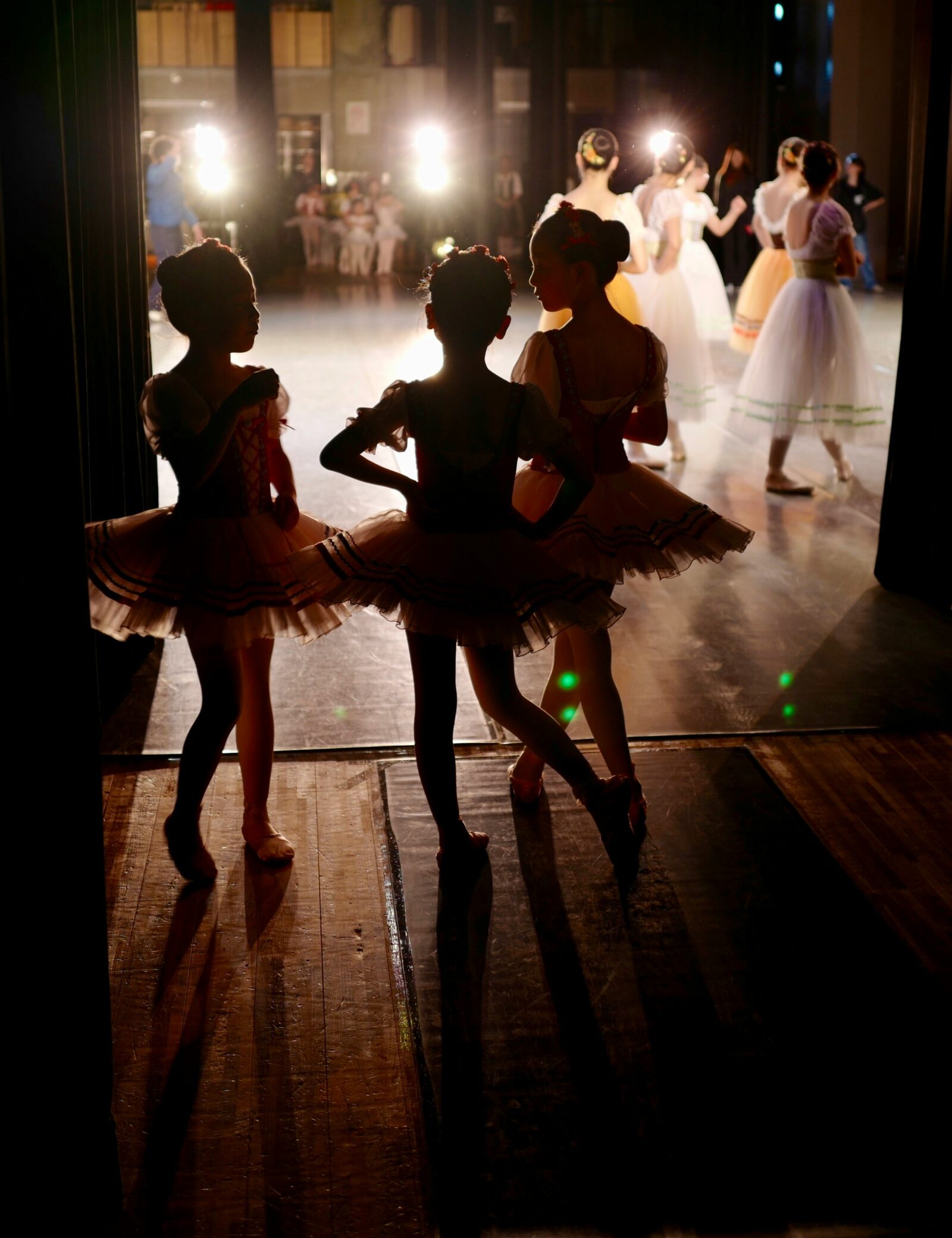Admittedly, music class at the preschool level isn’t something that every parent is signing on to. Suggesting music in the early years of almost any child’s life can become a challenge. However, there are many benefits of music and dance programs for preschoolers that you need to know about. Even if your four-year-old girl or boy doesn’t naturally enjoy musical instruments or singing, it is vital to your toddler’s development that you get them involved with music. Here are the benefits of a music and dance program for preschoolers.
Helps With Coordination
A music and dance program can help children with coordination because it involves rhythm, which helps children develop their sense of timing. Rhythm is essential, from walking downstairs to brushing their teeth. Children participating in a kid’s dance studio class will learn how to correctly move their bodies in time with music and other sounds around them, such as clapping or stomping feet. This helps them develop good coordination skills that will last them throughout their lives.
Boosts Self-Confidence
Music has been shown to help increase children’s self-confidence and improve their mental health. This is especially true when a child is involved with preschool dance programs that allow them to learn how instruments work, how music is made and how it can be used to express feelings and emotions. Dance lessons can also help boost self-confidence in children by showing them that they have an inner rhythm they can tap into whenever needed.
Dance Program for Preschoolers Promotes Physical Fitness
Dance classes for preschoolers are a great way to get your preschooler moving. This program encourages movement and physical activity through playing games, dancing and singing. The more your kid plays with other children, the more active they will become. This can help them develop better physical strength. Physical activity enhances brain function by improving concentration and attention span. Children who participate in a dance studio program have an easier time focusing on their schoolwork after returning home from class each day.
Encourages Early Learning
Helps kids learn about the world around them early enough. Music can introduce other subjects, such as science or math. For example, children can learn about how sound travels by listening to instruments that make different sounds when played together or by comparing the sounds made by different instruments played at the same time. Dance relates to science because it involves moving your body differently while trying new things, like jumping or walking on your hands.
Develops Fine Motor Skills Early On
Early on in life, children learn through the use of their senses. They use these senses to interpret the world and how it affects them. Children begin using their hands to explore the earth around them from a very young age. As they age, these explorations become more intentional and directed towards specific goals such as eating or throwing a ball. These types of activities require purposeful movements that consider both distances between objects and how much force will be required to move them for them to succeed.
Social Skill Development
Learning to cooperate with others is an essential aspect of social development that begins in early childhood. Music and dance studio programs can help children learn to work together as a team, share ideas and listen to others’ ideas. It also teaches them the importance of following directions and listening so they can follow along with the music or choreography. Following directions is an essential skill that will serve them well.
Music and Dance Foster Creativity
Preschoolers with music and dance experiences are likelier to be creative thinkers than those who do not participate in these activities. Creativity is vital in all areas of life; it’s a key ingredient for success in school and work. When we teach children to think creatively, they can see problems or challenges in new ways, which helps them solve problems more easily. They also become better problem-solvers when they’re older because they’ve practised thinking outside the box early.
Cognitive Skill Development
Music education helps children develop their cognitive skills while they’re young. Research shows that children who participate in music dance studio programs are better able to recognize patterns and solve problems than those who don’t participate in these programs. This is because music helps develop spatial reasoning skills, which can help them visualize things like shapes, patterns and numbers in their head.
Conclusion
Music and dance are common parts of the schooling experience at all levels, but it’s easy to forget that they make a difference in early development. It is very clear from this blog post that music and dance programs for preschoolers are beneficial to kids in many ways, from allowing them to exercise their bodies as well as their minds, to helping them get used to social settings and preparing them for school, to developing a sense of creativity and imagination. It is time for parents to be aware of the educational advantages their children can gain from music and dance studio.










Leave a Reply